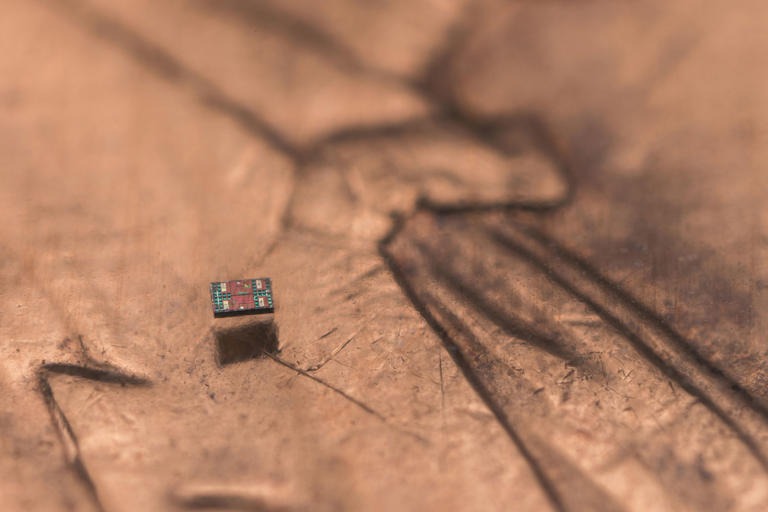Your photos live forever online, but PimEyes reveals exactly where they’re hiding. This facial recognition search engine works like Google for faces, scanning millions of websites to find every public image of you—including ones you’ve completely forgotten about. That event photo from 2018? The corporate headshot on a company blog? The background appearance in someone else’s vacation pics? PimEyes tracks them all down with unsettling efficiency. According to PimEyes’ documentation, their technology launched in 2017 as a specialized tool for personal privacy management and digital investigations.
The Digital Mirror You Didn’t Know Existed
Upload one clear photo and discover your true online visibility across the web.
The process feels deceptively simple. Upload a front-facing photo, and PimEyes’ AI scours its database of coded indexes linked to millions of public websites. Within seconds, you’ll see thumbnails of matching faces with source URLs—though the free version blurs results like a digital tease.
Full access requires a subscription, revealing the exact web pages where your face appears. Unlike Google’s reverse image search, which barely scratches the surface, PimEyes specializes in facial recognition across news sites, event coverage, corporate pages, and even spam blogs you never knew existed. The company structures its database to prevent image reconstruction, making it technically impossible to recover original photos even during a security breach.
Privacy Tool or Digital Stalker Kit?
The same technology that protects victims can enable harassment and unauthorized surveillance.
PimEyes markets itself as a self-defense tool for the Instagram generation. Revenge porn victims use it to track unauthorized image distribution. Professionals monitor their digital reputation. Identity theft targets discover where their photos appear without permission.
But the same capabilities that help victims also empower stalkers and doxxers—a reality the company acknowledges while requiring users to agree they’ll only search photos of themselves. Privacy researchers note this creates an uncomfortable paradox: the tool designed to protect privacy also threatens it. It’s the digital equivalent of nuclear technology: immensely powerful for both protection and destruction.
Your Face, Everywhere
Most people underestimate how widely their images have spread across the public web.
The results often shock first-time users. Your face might appear in decade-old social media posts you forgot to delete, local news coverage from events you barely remember attending, or company websites from jobs you left years ago.
PimEyes only indexes publicly available content—no private social accounts or restricted databases—but that still encompasses an enormous chunk of the internet. The uncomfortable truth? Your digital image footprint is probably far larger than you imagine, scattered across corners of the web where conventional searches can’t reach. Once your image goes online, it may never fully disappear, no matter how many DMCA takedown requests you file.





























